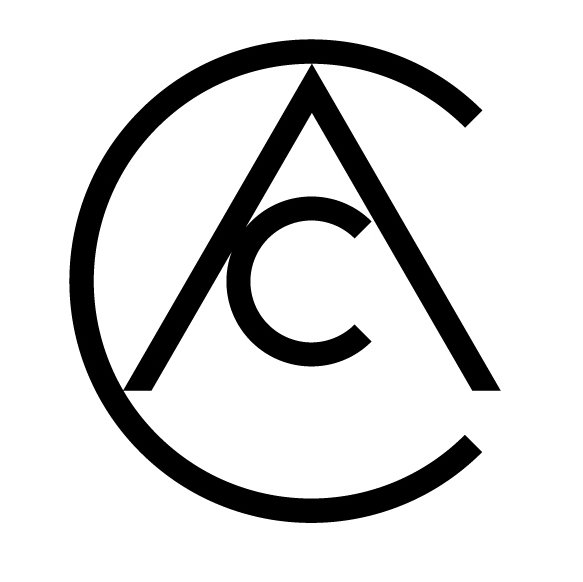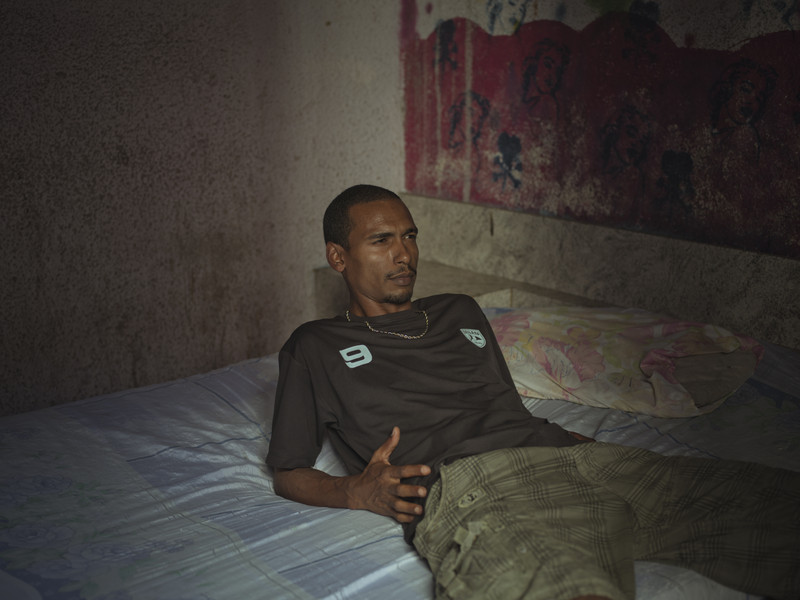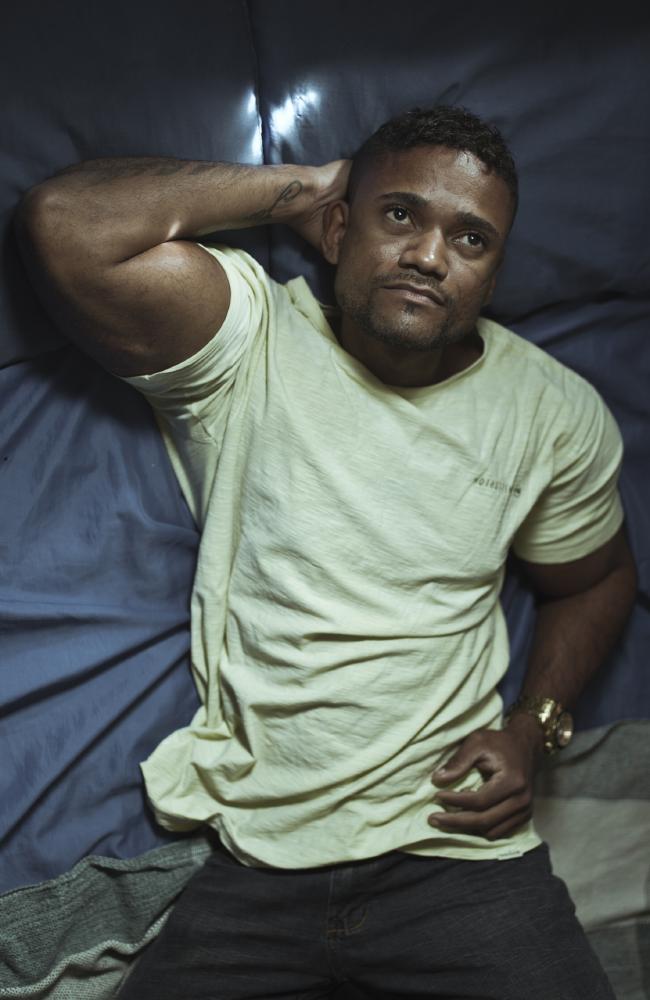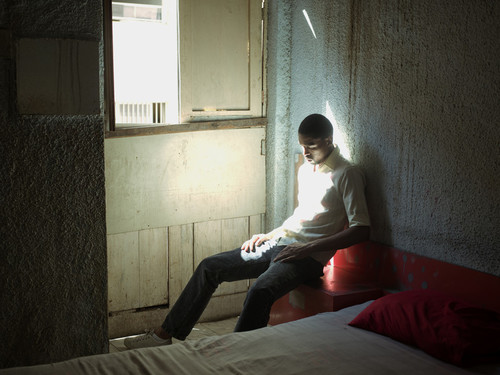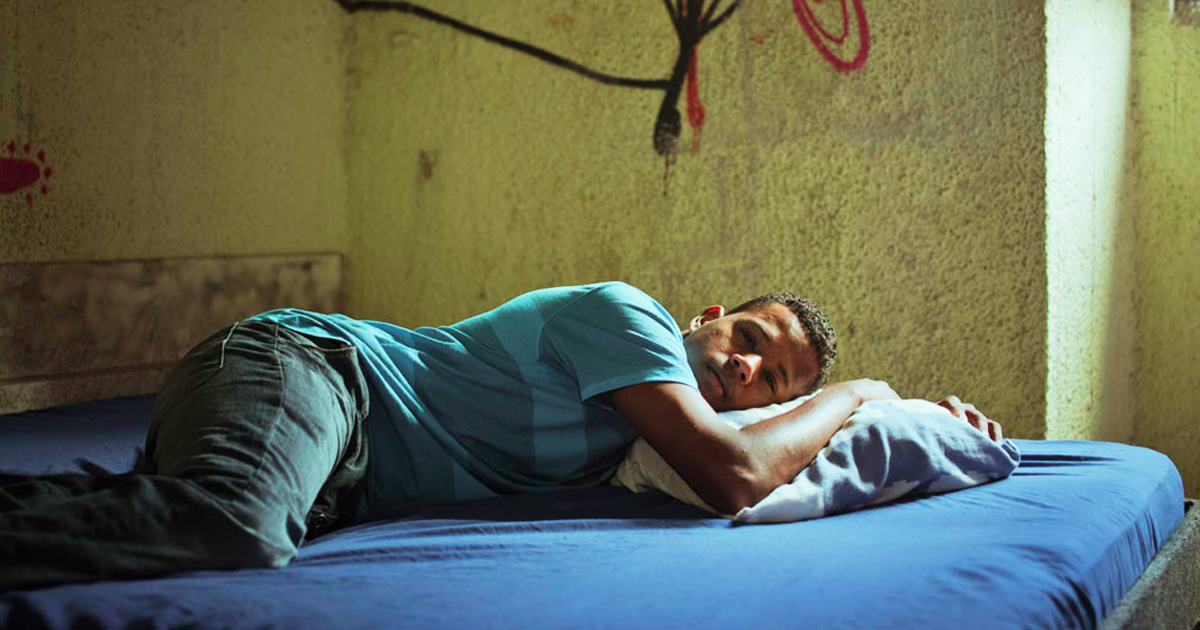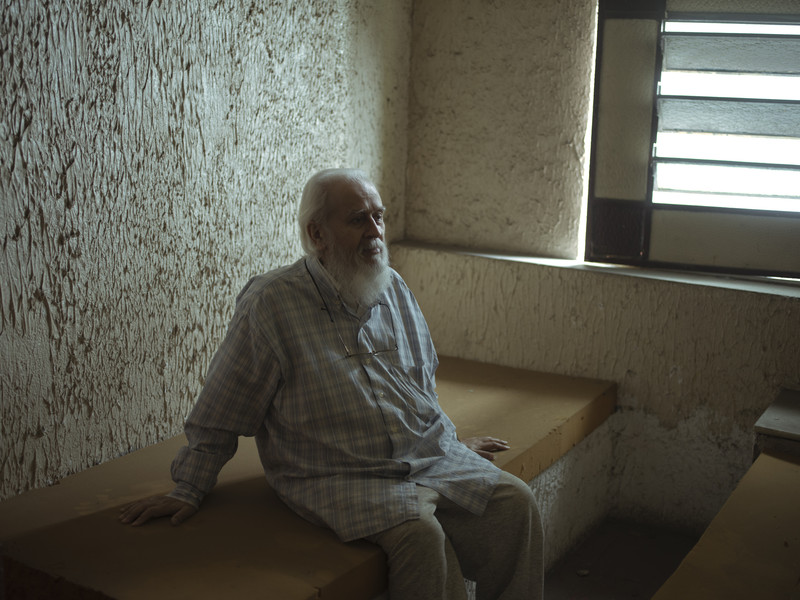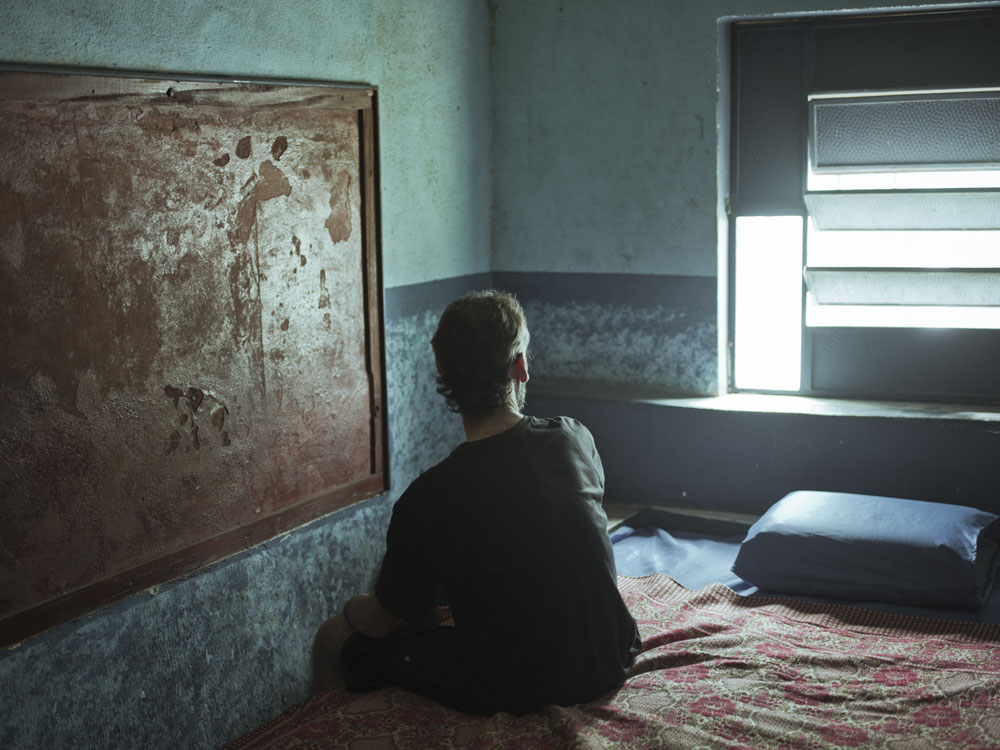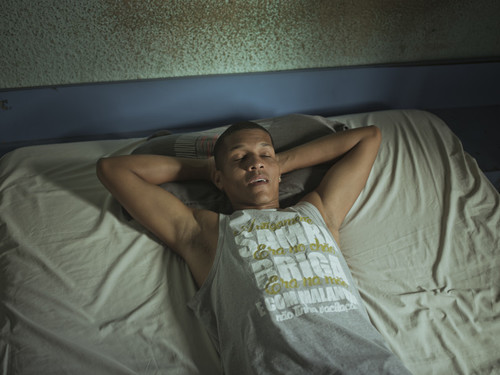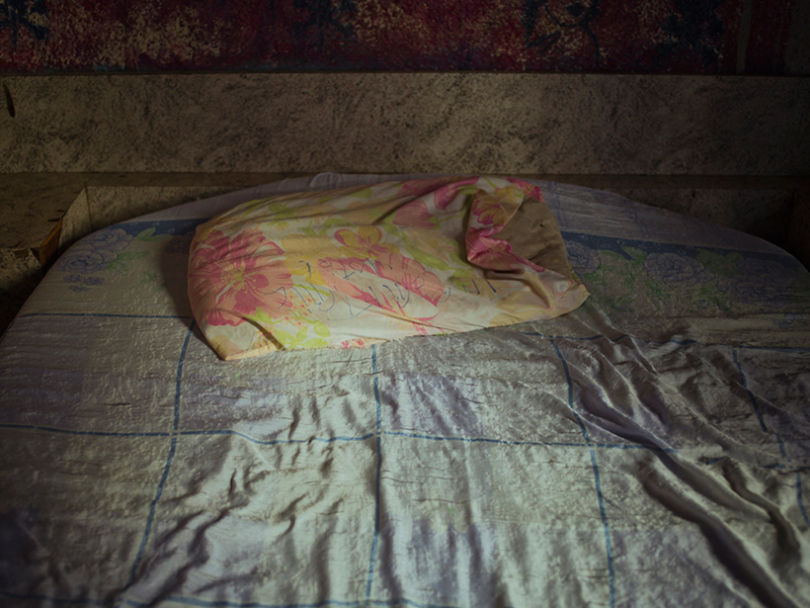The GenderMan’s Club
By Frances Crossley.
As part of their Autumn/Winter collection, the National Portrait Gallery annually holds the Taylor Wessing Photographic Portrait Prize (17th Nov 2016 – 26th Feb 2017). The judges – ranging from the Director of the National Portrait Gallery to the photographer Nadav Kander – undertook the mammoth task of taking the 4,303 photographs submitted and selecting just fifty-seven works that they believe outstandingly capture the power behind photographic portraiture.
The In Focus display of this year’s exhibition, a feature now in its second year of the competition’s history, is an opportunity for the panel to conduct an in-depth exploration of an established photographer’s body of work.
This year’s In Focus highlights the award-winning work of Spanish photographer Cristina de Middel, who the panel recognizes ‘as one of the most distinct new voices in photography’. Her work has been exhibited around the world and the importance of her photographs is evident in the frankness of her images, in which she tackles affecting subject matter in an unorthodox manner. With her roots in photographic journalism, Middel claims to have been keeping a 'very critical eye’ on the traditional methods of documentary photography and themes she believes are in need of vital attention.
Her series Gentleman’s Club, from which the exhibition displays a number of unseen-before images, portrays the identities of the men who visit prostitutes in Rio de Janeiro. By turning her lens onto the male client as opposed to the female worker Middel hopes to protect the value of docu-photography. She offers her female audience a greater understanding of this gender-politically conflicted industry and effectively subverts the traditional roles of heterosexual prostitution - where the client’s female counterparts lose their identity to the ‘service’ of these men.
“Prostitution was first on my list because if you look at how the business is usually explained in the media, it is all based on women posing in dirty rooms. Photography has done a very bad job in explaining what prostitution is about and has deliberately – for some obvious reasons – hidden the other half of the story. These women would not be in these rooms if there was no demand from mean, so my question is, who are these men and why aren’t we showing them?”
“I asked them to pretend to be with a prostitute and to behave as if she was there but we could not see it. I paid them the same money that they would pay for a service … The idea is to provide all the information that most of the female audience has no access to. Men normally know how it works and they can easily find out if they want, but it is harder for women to have access to all that information.” (Cristina de Middel)
With gender politics being such a huge, burgeoning subject matter within contemporary society, artists such as Middel who are blurring the lines between fact and fiction, address how the media manipulates our perception of reality … “I am just filling the gaps in the depiction of a reality that is normally approached with the same straight documentary line” (Middel). Middel is prolific in her output and is known to work on several photographic series simultaneously …
Cristina de Middel has a very active Instagram account (@lademiddel)
Her own website (http://www.lademiddel.com/)
And fantastically the series Gentleman’s Club even has its own ‘story’ on The Story Institute, Institute being Middel’s photo agency (http://www.thestoryinstitute.com/gentlemens-club)
